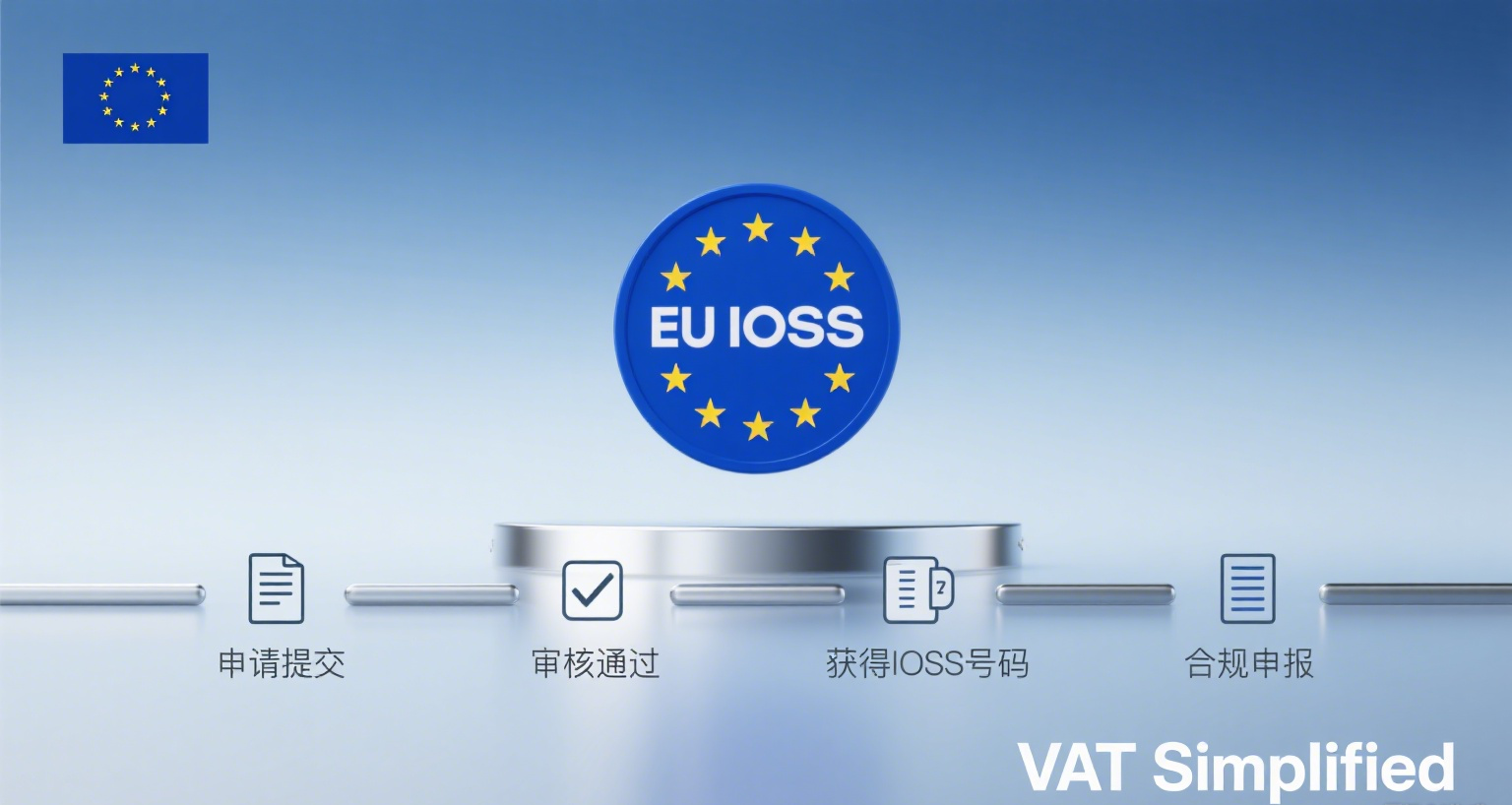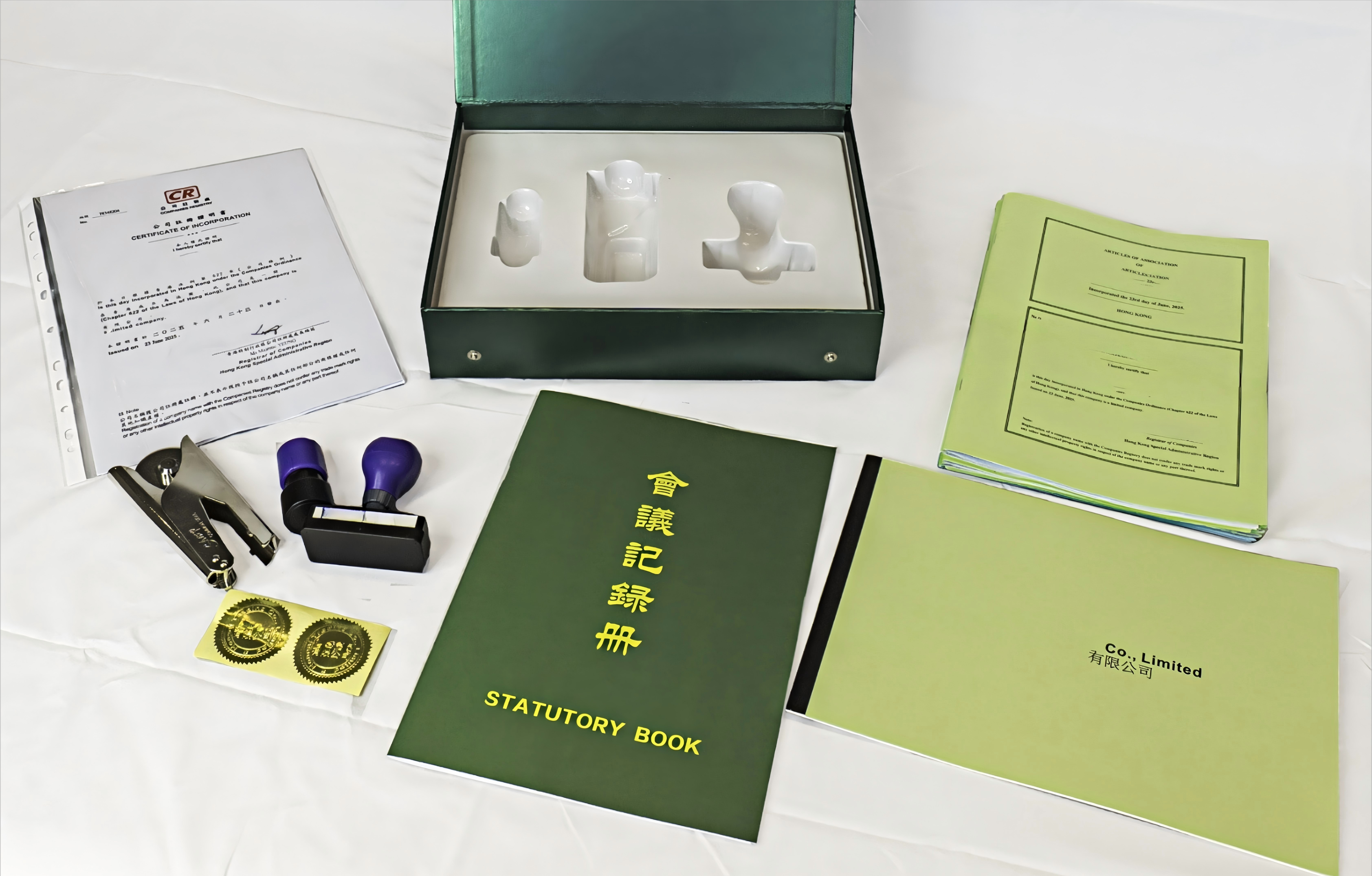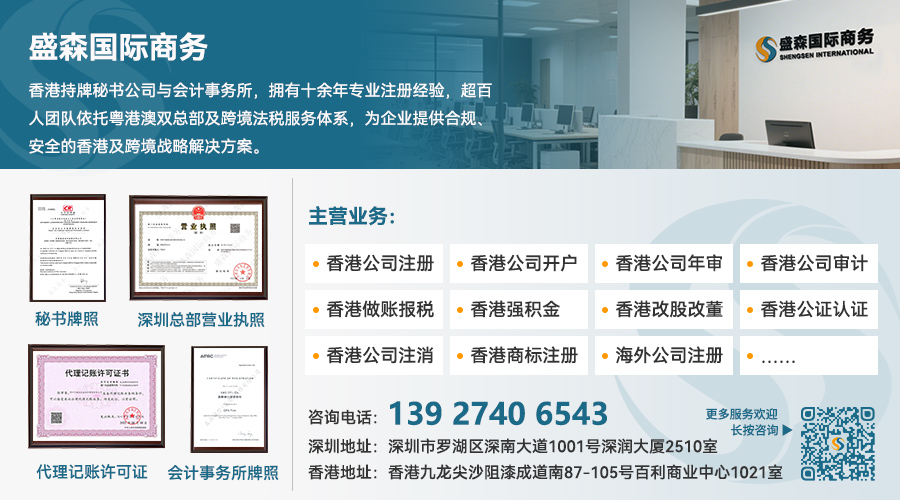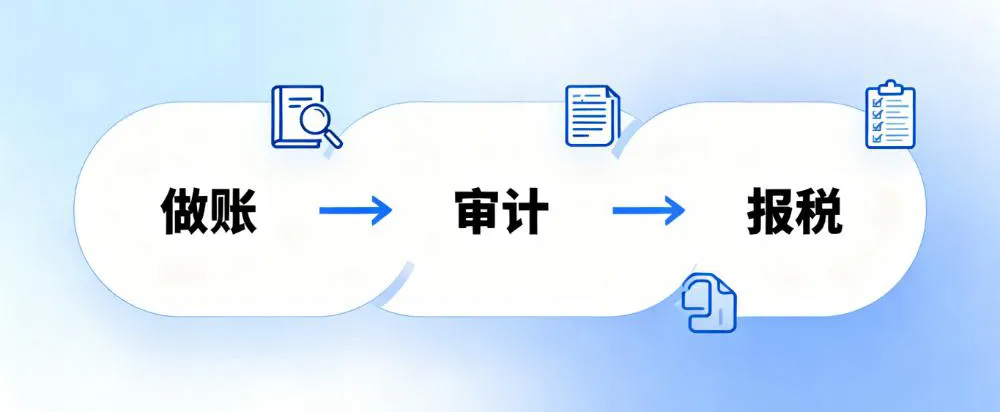2025 Hong Kong Offshore Exemption New Regulations Compliance Guide: Tax-saving Logic, Application Requirements and Full Process Practical Operations
The era of low-cost direct mail to the EU is coming to an end. How can the predicament of compliance costs soaring by 300% in the Chinese mainland be broken?

In July 2025, the Council of the European Union officially passed the "Cross-border E-commerce Regulatory Reform Act", dropping a deep-water bomb that shook the industry.
The parliament passed the proposal with 619 votes in favor: starting from March 1, 2028, all B2C goods imported into the EU, regardless of their price, will completely bid farewell to the duty-free era. The tax exemption threshold of 150 euros has become history. All goods must be declared and value-added tax paid through the IOSS system.
What is even more serious is that mainland enterprises need to prepay VAT for each B2C package entering the EU. According to the data analysis of cross-border tax service providers, the comprehensive cost for mainland companies to register VAT in seven European countries will increase by 300%!
First, EU tax reform: the end of the era of cheap goods
This tax reform in the European Union is not an isolated incident but a strong response to the long-term loss of tax revenue. Data shows that in 2024, the EU imported as many as 4.6 billion small items worth less than 150 euros. Among them, approximately 65% of the packages were underreported for tax evasion, resulting in an annual tax loss of over 10 billion euros.
The triple impact of the new regulations is reflected in three aspects:
1. Remove the tax-exemption threshold
All imported goods, regardless of their value, are subject to value-added tax and customs duties. A T-shirt priced at 40 euros can have a combined tax rate of 35% to 42% (VAT 21%+ customs duty 3%+ processing fee).
2. Mandatory IOSS declaration
After the new regulations are implemented, all cross-border e-commerce parcels must be declared through the IOSS system. Unregistered sellers need to register VAT separately in each sales country, which doubles the administrative costs.
3. Joint liability of the platform
E-commerce platforms become "presumed suppliers", bearing the legal responsibility of collecting value-added tax on behalf of others, paying import VAT and customs duties.
For Chinese sellers who have long relied on the "9.9 free shipping" model, this is no different from a catastrophe. Industry insiders predict that the volume of cross-border orders for goods priced under 50 euros will plumper by 30% to 50%. The EU official predicts that the exit rate for small and medium-sized sellers will be 30%.

Second, the soaring costs: Mainland enterprises are under tremendous pressure
The compliance costs have soared after the tax reform. Cross-border e-commerce enterprises in the Chinese mainland are confronted with three major cost pressures:
1. Seven VAT registration costs dramatically
Registering VAT in major EU countries such as Germany and France requires paying high official fees and agency fees in the traditional way. The registration cost for a single country is approximately 300 to 600 euros. If the full range of services including tax representation and annual basic declaration are included, the total cost for the seven countries may exceed 5,000 euros (the cost is affected by the specific service scope and country differences).
2. The annual maintenance fee has risen
An annual fee of 60 to 120 euros per country is required each year. Coupled with the quarterly declaration service fee, the average annual cost for the seven countries exceeds 8,000 RMB.
3. Accumulation of logistics costs
The new regulations require non-EU merchants to give priority to shipping from warehouses within the EU; otherwise, they will have to pay high express delivery fees (2 euros per package for direct mail and only 0.5 euros per package for shipping from EU warehouses). Based on comprehensive estimates, the compliance costs for mainland enterprises operating in the EU market will soar by 300% compared to the current level, eroding their already meager profit margins.

Three, the Hong Kong company for cross-border: save 60% cost
In the face of the new tax regulations of the European Union, the corporate structure of Hong Kong companies has demonstrated astonishing tax advantages
1. Cost advantage in registration
The registration fee for applying for VAT through a Hong Kong company is approximately 2,000 Hong Kong dollars (about 1,800 RMB, with varying fees by country), and the tax rate is 0%. The enterprise only needs to apply for a tax refund for re-export trade.
2. Service provider package dividends
By applying for a VAT package for seven countries through a professional service provider (such as Outaxtong), the annual fee is only 8,000 to 12,000 yuan. With a 0% tax rate on offshore profits and re-export tax rebates, it saves 60% of the cost compared to mainland companies.
3. Global Tax Treaty Network
Hong Kong has signed double taxation avoidance agreements with many countries, and cross-border e-commerce profits can enjoy preferential tax rates when repatriated. In addition, Hong Kong implements the principle of regional taxation. Enterprises can retain profits in regions with low tax rates through reasonable pricing, reducing the overall tax burden by 30% to 50%.
4. The trustworthiness of the European Union has increased
As international business entities, Hong Kong companies have significantly higher customs clearance efficiency and trustworthiness at EU customs than mainland enterprises.
A typical case: After a cross-border e-commerce company in Shenzhen switched to a Hong Kong company entity, the annual VAT fee for seven countries dropped from 22,000 yuan to 9,800 yuan, with the overall tax cost decreasing by 61.8%. At the same time, the customs clearance efficiency was approximately 30% faster.

Four, survival guide before the policy implementation
1. Register Hong Kong companies and IOSS in advance
Register the EU IOSS number through a Hong Kong company and enjoy the convenience of "one-time declaration, passage to multiple countries". Non-eu enterprises need to appoint an EU tax representative (with an annual fee of approximately 1,500 to 3,000 yuan), otherwise their registration will be invalid. However, it can avoid the administrative nightmare of separate registration in various countries.2. Revolution in supply chain layout
Set up overseas warehouses in low-cost EU countries such as Poland and the Czech Republic, and ship bulk goods in full containers to Europe by sea (reducing tariff costs by 50%), and then establish secondary hubs in free trade agreement countries such as Turkey and Morocco.
3. Product structure upgrade
Eliminate low-value goods priced under 50 euros, focus on high-value-added categories such as smart home appliances and new energy accessories priced over 200 euros, and dilute the proportion of taxes and fees.
4. Digitalization of tax declaration
The e-Invoicing electronic invoice system is adopted and connected to the real-time VAT reporting system of the European Union (piloted in 2030) to avoid late payment penalties (intentional violation fines ranging from 150% to 300%).

In this major tax reform, Hong Kong companies have become the most solid springboard for Chinese sellers to optimize costs.
Those cross-border sellers who switched their main business to Hong Kong companies early have already built a moat in the face of the new policy storm. Through the VAT package of seven countries registered by Hong Kong companies, the annual fee is controlled within the range of 8,000 to 12,000 yuan, saving 60% of the cost compared to mainland companies, thus earning a breathing space in this fierce compliance competition.
After all, in the smokeless war of the EU tax reform, the ones that survive may not be the most powerful players, but the most agile changemakers.
So, how to register a company in Hong Kong?
Materials required for company registration in Hong Kong
1. Company Name: Both Chinese and English names. The Chinese name ends with "limited Company", and the English name ends with "Limited".
2. Identity proof of shareholders and directors: Scanned copies of ID cards or passports, and proof of address for the last three months (such as water and electricity bills, bank statements, etc.).
3. Business scope: Chinese characters should be within 28 characters and English characters within 60 characters.
4. Registered Address: A real local address in Hong Kong is required. Email addresses or virtual addresses will not be accepted.
5. Statutory Secretary: A statutory Secretary must be appointed, who can be a permanent resident of Hong Kong or a company registered in Hong Kong, and is responsible for communicating with government departments.
6. Registered capital: The standard amount is HK $10,000 (no capital verification required, subscribed capital system), and a higher amount can be freely set (no upper limit), but if it is too high, it may increase the equity transfer tax.
The process of registering a company in Hong Kong
2. Prepare registration materials: including identity proofs of shareholders and directors, proof of registered address, power of attorney for the company secretary, articles of association, etc.
3. Submit the registration application: The application can be submitted in electronic form through the electronic service website of the Companies Registry of Hong Kong, or a paper application can be submitted in person at the Companies Registry.
4. Pay the official registration fee: the cost of the registration certificate and the business registration certificate.
5. Certificate Collection: After approval, the company will receive the "Company Registration Certificate" and the "Business Registration Certificate", marking the official establishment of the company.
6. Prepare company seals and legal documents: including company steel seals, signature seals, articles of association, stock books, accounting record books, etc.

If you have the need to register a company in Hong Kong, we hold a Professional Secretary Service License (TCSP) and have 13 years of registration experience. We offer a one-stop service including business registration address, company bank account opening, annual review and accounting audit. You can add our wechat for detailed communication









